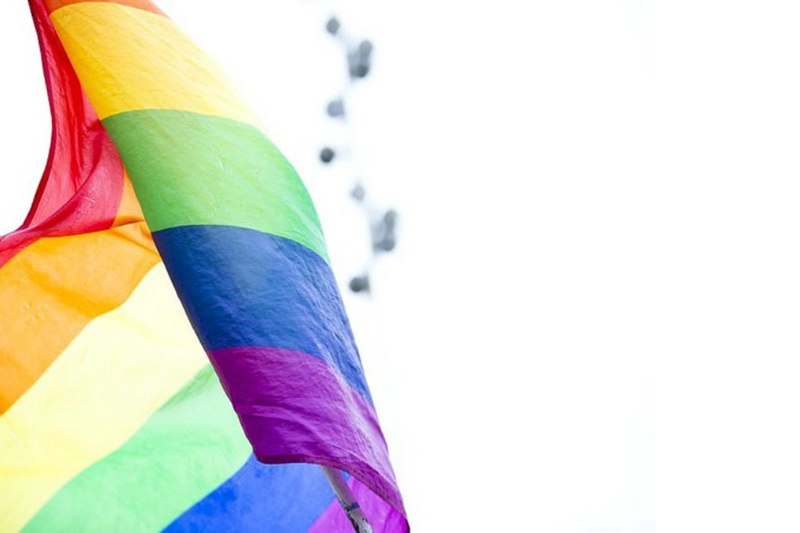A Tough Stand Against LGBTQ Rights
In a significant development, Ghana’s parliament passed the Human Sexual Rights and Family Values Bill, signaling one of Africa’s harshest anti-LGBTQ legislations. The existing ban on homosexuality, punishable by up to three years in prison, will now see the maximum sentence extended to five years. The legislation also introduces penalties for advocating LGBTQ rights and illegalizes the distribution of materials supportive of such rights.
Global Outcry and Local Fallout
Traditional leaders from the Christian and Muslim communities are supporting the bill, which is awaiting President Nana Akufo-Addo’s approval. Critics argue that the legislation infringes on fundamental human rights and criminalizes personal identity. The Big 18 and Human Rights Coalition in Ghana condemn the bill, urging the president to reject it. Notably, concerns are raised regarding the potential financial impact of the legislation, as it demands scrutiny under the country’s constitution.
Takyiwaa Manuh, a senior fellow at the Ghana Centre for Democratic Development, expresses disappointment, emphasizing the potential burden on the judiciary, police, and citizens. Civil society organizations stand ready to challenge the bill legally. However, attacks on the LGBTQ community have surged, with reports of students being expelled, robberies, and extortion, highlighting the bill’s immediate societal impact.
Keep Reading
Global Response and Future Challenges
The United Nations warned in 2021 that the bill could lead to state-sponsored discrimination and violence against the LGBTQ community in Ghana. As the country grapples with this legislation, parallels are drawn with Uganda, where extreme anti-LGBTQ laws are being challenged in the constitutional court. The U.S. has condemned Uganda’s laws, imposing sanctions.
In the face of mounting challenges, Ghanaian civil society organizations aim to raise awareness and understanding of the bill’s implications. The need for a nuanced approach to human rights and legal scrutiny becomes paramount as the global community closely watches how these laws unfold and impact the lives of LGBTQ individuals in Ghana.
The Genesis of Ghana’s Anti-LGBTQ Legislation
Ghana’s recent parliamentary approval of the Human Sexual Rights and Family Values Bill marks a pivotal moment in the nation’s stance on LGBTQ rights. Although homosexuality has long been illegal, this new legislation, which is the result of traditional leaders from the Christian and Muslim communities, harshens the penalties and expands the list of prohibited activities. The move has stirred controversy globally, shining a spotlight on the delicate balance between cultural norms, human rights, and legal frameworks.
The bill not only increases the maximum sentence for homosexuality to five years but also criminalizes advocacy for LGBTQ rights. Distributing materials supportive of LGBTQ rights is now deemed illegal, setting the stage for a challenging environment for activists and individuals seeking to express their identity. The legislation’s proponents argue that it aligns with cultural and religious values, while critics condemn it as a violation of fundamental human rights.
Local Backlash and Immediate Fallout
As Ghana awaits President Nana Akufo-Addo’s decision on signing the bill into law, the local LGBTQ community faces a surge in attacks and discrimination. Reports of students being expelled from schools, robberies, and extortion attempts underscore the immediate societal fallout. Civil society organizations, such as the Big 18 and the Human Rights Coalition, condemn the bill, highlighting its potential to criminalize personal identity and strip away fundamental human rights.
Takyiwaa Manuh, a senior fellow at the Ghana Centre for Democratic Development, expresses concern over the lack of scrutiny regarding the potential financial impact of the legislation. The absence of a thorough analysis by the parliament speaker raises questions about the bill’s implications for the judiciary, police, and citizens. As Ghanaian civil society organizations gear up for legal challenges, the unfolding events underscore the need for nuanced discussions on the delicate intersection of cultural beliefs, constitutional values, and individual rights.
Global Response and Ongoing Challenges
Internationally, the United Nations has warned that the proposed law in Ghana may foster state-sponsored discrimination and violence against the LGBTQ community. Drawing parallels with Uganda’s extreme anti-LGBTQ laws, the global community closely monitors the situation. Uganda, where life imprisonment and death penalties are on the line, faces challenges from civil rights groups, and the U.S. has imposed sanctions in response to its legislation.
As Ghanaian civil society organizations prepare for legal battles, there is a growing need for increased awareness and understanding of the bill’s implications. The delicate balance between cultural beliefs and human rights requires a nuanced approach. The unfolding events in Ghana and Uganda underscore the global challenge of reconciling diverse perspectives on LGBTQ rights and the ongoing struggle for acceptance and equality.

